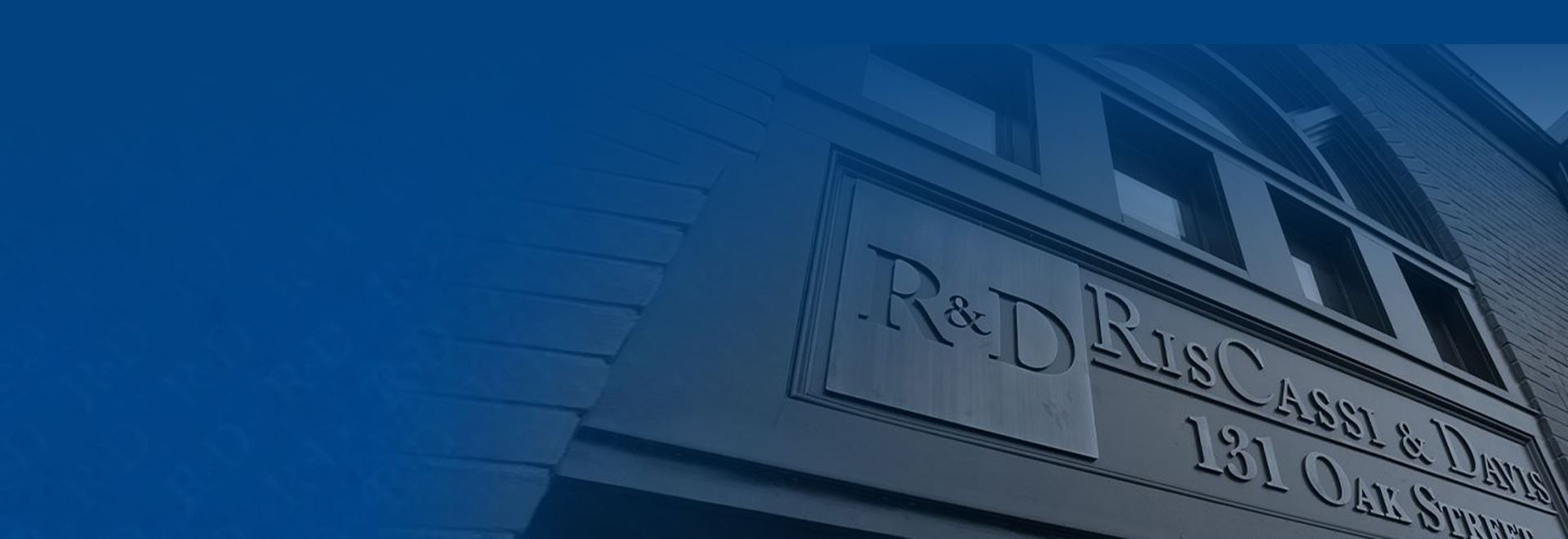Now and then, it’s worth remembering how lucky we are as Americans to have a robust judicial system.
It’s that system, and the trial attorneys that serve it, that’s largely responsible for the vital consumer safety protections we enjoy today.
Battles fought by the nation’s trial attorneys have led to safer cars, highways, toys, tools, foods, drugs, and so many more things we all take for granted.
To illustrate the point, here are a few examples of the impact our legal system has had on auto safety: involving defective autos and auto parts:
The Chevy Corvair
In 1965, attorney and consumer advocate Ralph Nader discovered that General Motors (GM) was skimping on the design of their popular and profitable Chevy Corvair, making the car exceptionally unsafe. GM responded by hiring private investigators in an attempt to destroy Nader’s reputation. Nader prevailed, leading GM to apologize publicly and halt production of the car shortly after that.
Toyota’s sticky gas pedals
In 2009, while riding in a Toyota Lexus, a California highway patrolman and his family were killed when the car suddenly lost control. Toyota first claimed “floor mat entrapment” caused the accident.
A subsequent lawsuit against Toyota forced the company to acknowledge they were hiding a problem of sticky pedals – pedals getting stuck in an acceleration position. They subsequently were fined $1.2 billion – the largest fine ever levied against an automaker.
Honda cars with defective suspension systems
In the last ten years, consumers have accused Honda Motor Company of knowingly selling Civic and Civic Hybrid (2006 to 2008) models with defective rear suspensions and control arms. A nationwide class-action lawsuit forced Honda to acknowledge they’d known of the problem and yet hidden it from regulators and the public. They agreed to correct the problem and payout over $460 million to consumers in 2013.
Ford Explorers rolling over
During the 1990s, Ford Explorers had a nasty habit of rolling over – causing many injuries and fatalities. Ford initially claimed it was the Firestone tires they had installed on the vehicles that caused the problem. Following lawsuits – Ford was forced to acknowledge that vehicle design was at fault – leading to changes in design – and much safer vehicles.
Firestone tires don’t hold their tread
At about the same time that Ford was facing legal challenges over the safety of their Explorers, Firestone and Ford also came under legal and regulatory scrutiny over Explorers equipped with Firestone tires that were losing their tread at high speeds and high temperatures. As is often the case, lawsuits filed on behalf of those injured or killed by the tires uncovered problems with tire design and manufacturing processes that have led to significant improvements in tire design and safety.
Exploding Ford Pintos
Then there is the case of exploding Ford Pintos. In this classic legal challenge, Ford was found to be knowingly manufacturing and selling cars that would explode in a fireball if struck from behind. Again, it was trial attorneys, working on behalf of those who’d been injured by these products, which led Ford to admit wrongdoing and discontinue the manufacture of these vehicles.
These examples are just a few of many.
Sadly, when one looks at corporate conduct over the last 100 years, it’s clear that all too often, corporations choose profit over public safety. It’s our legal system, and the judges, court personnel, and trial attorneys that serve it, that’s largely responsible for the vital consumer safety protections we enjoy today.
If you or a loved one has been injured by a defective or dangerous product, call a qualified Connecticut product liability lawyer. A knowledgeable product liability attorney can help to ensure that your rights are protected. What’s more, our product liability lawyers have received local and national recognition for our handling of cases like these.
We have a great team of legal experts dedicated to product liability cases in Connecticut. Please contact us if we can help you. The consultation is free, and there is no obligation of any kind.

.2011060718550.jpg)